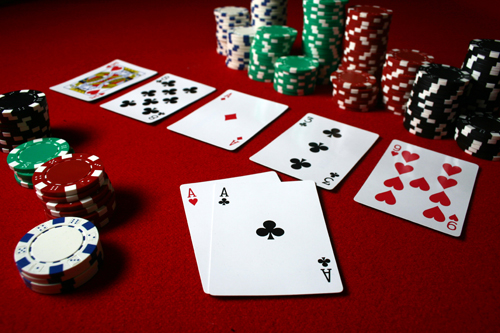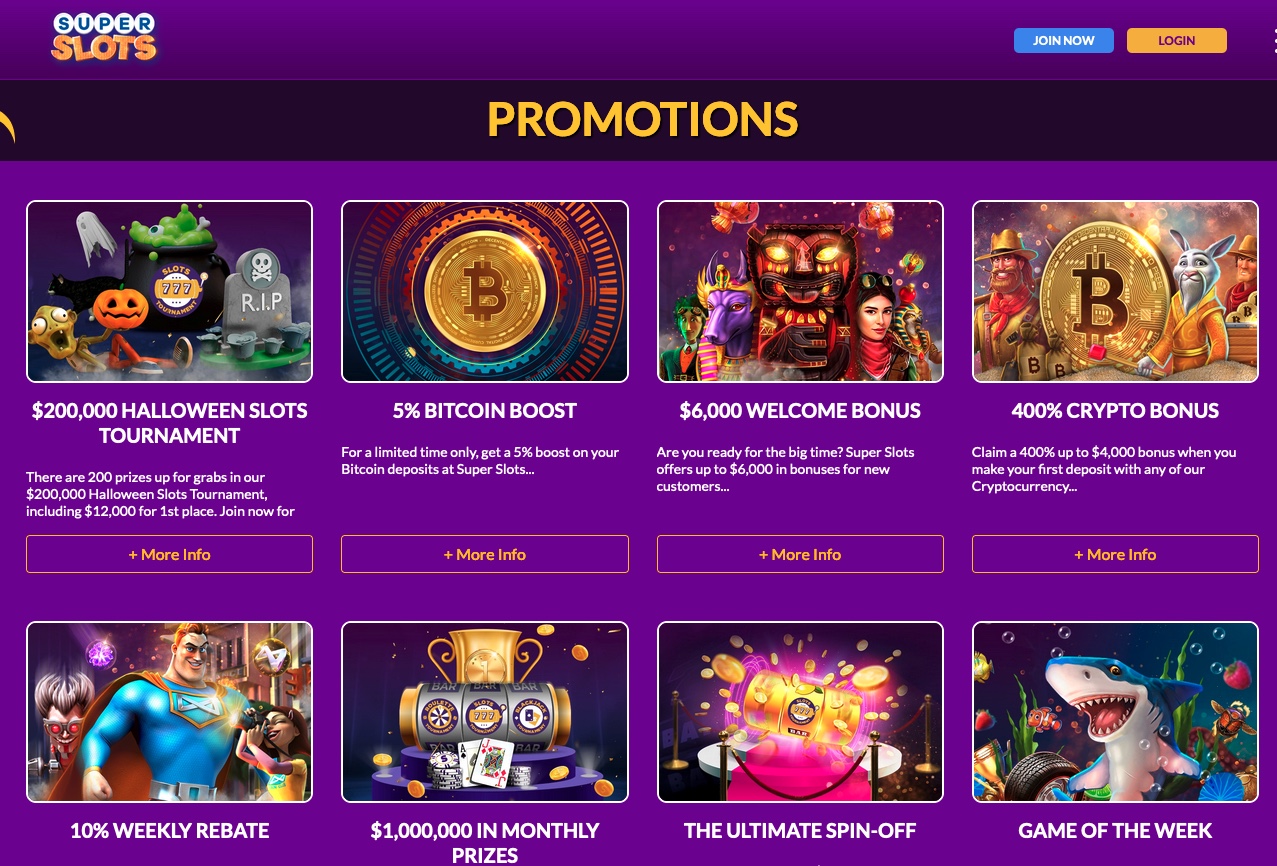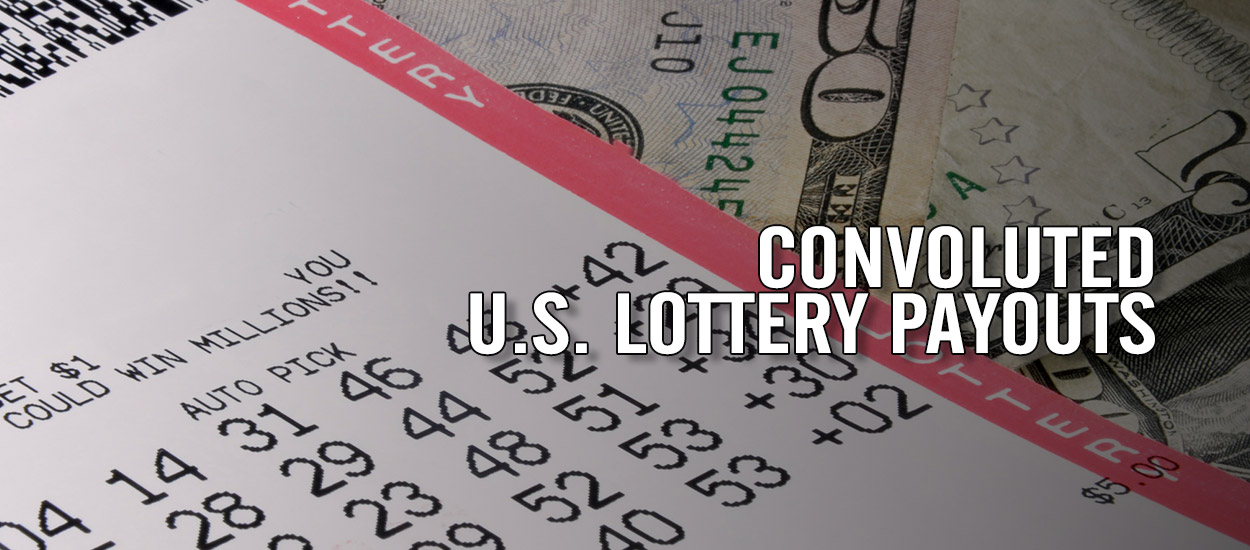New Jersey released their online revenue figures for July and while the handle and profits on casino games continues to grow, revenue on poker continues to decline. There's no question that Borgata and Caesars (the only 2 sites still offering poker in New Jersey) had hoped that the World Series of Poker would have generated some interest in online poker stateside but the results show that isn't the case. Online casino revenue was up 34% over the same period last year (10.6 million in 2015 vs. 7.9 million in 2014) while online poker saw a 12% drop from just over 2.1 million in 2014 to just under 1.9 million in 2015. No doubt Golden Nugget and Tropicana are pleased they never got into the online poker market in the state.
 But New Jersey is just the tip of the iceberg, as revenues in Nevada for online poker are still quite low and interest in poker around the U.S. is declining in general. Florida and California, the 2 states that have the most poker players are seeing a decline in interest and consequently poker rooms are shutting down regularly. Most casinos in Las Vegas have turned their poker rooms into slot parlors because the interest in poker just isn't there. When the Tropicana closed their poker room in Las Vegas in favor of slots they stated that poker was never a huge profit generator for the casino but they offered it because they believed they had to in order to entice bettors through the doors. But the huge decline in interest gave them a reason to discontinue the poker room. Poker pundits will claim that poker still generates a lot of interest and will point out that the World Series of Poker main event attracted over 6,000 players again this year (down only slightly from last year) and when all WSOP events are taken into account the numbers are actually up. However what they fail to acknowledge is that almost all the players in the WSOP events this year are poker professionals and only a few players are from the general public who won their way in via a satellite and do not play poker for a living.
But New Jersey is just the tip of the iceberg, as revenues in Nevada for online poker are still quite low and interest in poker around the U.S. is declining in general. Florida and California, the 2 states that have the most poker players are seeing a decline in interest and consequently poker rooms are shutting down regularly. Most casinos in Las Vegas have turned their poker rooms into slot parlors because the interest in poker just isn't there. When the Tropicana closed their poker room in Las Vegas in favor of slots they stated that poker was never a huge profit generator for the casino but they offered it because they believed they had to in order to entice bettors through the doors. But the huge decline in interest gave them a reason to discontinue the poker room. Poker pundits will claim that poker still generates a lot of interest and will point out that the World Series of Poker main event attracted over 6,000 players again this year (down only slightly from last year) and when all WSOP events are taken into account the numbers are actually up. However what they fail to acknowledge is that almost all the players in the WSOP events this year are poker professionals and only a few players are from the general public who won their way in via a satellite and do not play poker for a living.
This is in contrast to the days of Chris Moneymaker, Greg Raymer or Joe Hechem who were not professionals and won their way with only a small outlay. They represented the American dream of turning a very small fee into millions. Recent winners like Greg Merson and last year's winner Martin Jacobson had been playing in tournaments for years. But even if one does accept that the WSOP has been successful, you can't judge the overall success of poker on the WSOP alone. Las Vegas doesn't judge the success of sports betting in the city by the amount bet on the Super Bowl and the Indy Racing League doesn't judge the success of the series in a given year by how many people attended the Indianapolis 500. In all cases the entire year has to be looked at and if sports betting is down by 25% in Las Vegas, sportsbooks there won't be celebrating because Super Bowl action was up. So if one concedes that the WSOP is still popular, it doesn't change the fact that overall poker interest is down.
So, what exactly has caused this huge drop off in interest?
Without question the biggest culprit was Black Friday, which saw the closure of the 3 biggest poker sites – PokerStars, Full Tilt Poker and Absolute Poker to the U.S. public. The sites currently available to Americans are quite small with the largest being Bodog (via. Bovada Poker). Other sites such as the Chico Network (BetOnline, and Tigerbetting); the Winning Network (Bookmaker); Merge Network (Hollywood Sportsbook, BetUSA and Sportsbook.ag); Equity Network (Heritage Sports); Revolution Gaming (Intertops and Sportsbetting.com) and Grand Network (5 Dimes); added together don't get 1/10 the amount of players that PokerStars used to get on its own. And even the social network site Zynga has seen a massive decline in interest leading its owners to start looking at blackjack and other forms of casino social gambling to fill its void. Americans also liked Party Poker and Full Tilt poker and the current offerings obviously don't appeal to them.
But the ramifications of Black Friday went beyond the ability to bet at choice sites. When PokerStars and Full Tilt closed to Americans the owners of those sites (The Rational Group) decided to cut way back on the number of poker professionals it sponsored (particularly U.S. born players) and also shut down the popular TV programs such as Poker after Dark, The Big Game and High Stakes Poker. After all what was the point in paying ambassadors that couldn't draw new customers and what was the point of paying for TV poker programs that couldn't help in generating new accounts? And contrary to what many believed the .net sites were strictly set up to draw interest to the real money .com sites. But without the constant daily reminders about poker from those TV programs and commercials naturally interest faded. As the owners of any product will attest, without any real marketing a product will inevitably fail. And unfortunately for the legal land based casinos and poker rooms they became a casualty of those decisions. There is no question that the popularity of poker on TV helped spur interest at all poker rooms as any casino or poker room operator will attest, but unfortunately none of those companies have the funds or will that PokerStars did to continue offering those shows on television.
Still other people state that waning interest in poker preceded Black Friday and contend that the start of the poker decline stateside was with the passing of the UIGEA. Not only did Americans suddenly find it too difficult to get money to their favorite site, but many U.S. players said that's when "the fun went out of it." They claim that when they started to be treated as criminals by their government and when the banks treated them as pariahs they just didn't have the interest any more. The same held true for offshore sportsbook players.
"I was in this to have fun and I was having a blast whether I won or lost," John, a friend from Rochester, NY said "but the UIGEA and the constant barrage of attacks against offshore gamblers by the FBI just deflated the balloon. "Instead of proudly wearing the U.S. flag at online tournaments I had to hide my identity for fear of having my funds seized as happened with NETeller, and at that point I just decided enough was enough."
Another friend, Janet from Newark, New Jersey also said she lost interest prior to Black Friday but for a different reason than John. "I played regularly at a lot of sites and won regularly at those sites from the time online poker started. But after Chris Moneymaker won the WSOP in 2003 strategy books, free poker training sites, bot programs and monthly magazines taught everyone how to play and by the time Jamie Gold won the main event in 2006 everyone had the same systems and strategies and instead of a game of skill it turned into a game of luck. My winnings went away and I decided to get a real job instead. I still play poker but just on Saturday night with friends."
But then other experts say that the lack of interest now is just the normal cyclical patterns of poker. "In the early days the game to play was poker. Then it went away. Then it gained interest again around the time of Stu Unger. Then it dropped off and then it picked up again with Chris Moneymaker until about 2008. But now the interest that was there is gone because this new generation prefers other forms of gambling to poker. Traditional casino games like blackjack and particularly slots seems to be the game of choice of the new generation. I have no doubt that poker will be in a lull for about 10 years or so but by around 2025 the next generation will pick it up again. For whatever reason poker just happens to be a very cyclical game in terms of interest and right now it's in a lull. There will always be poker players and major events like the World Series of Poker or the European Poker Championships will continue to draw entrants, but I doubt there's anything anyone can do to spark new interest until this generation is replaced," a gambling industry analyst stated to me a few months back.
Regardless of the reason why poker interest is down no one can deny that the heyday of poker is behind us. Can that be changed? Amaya is certainly banking on it, but they may be disappointed.
Read insights from Hartley Henderson every week here at OSGA and check out Hartley's RUMOR MILL!







































